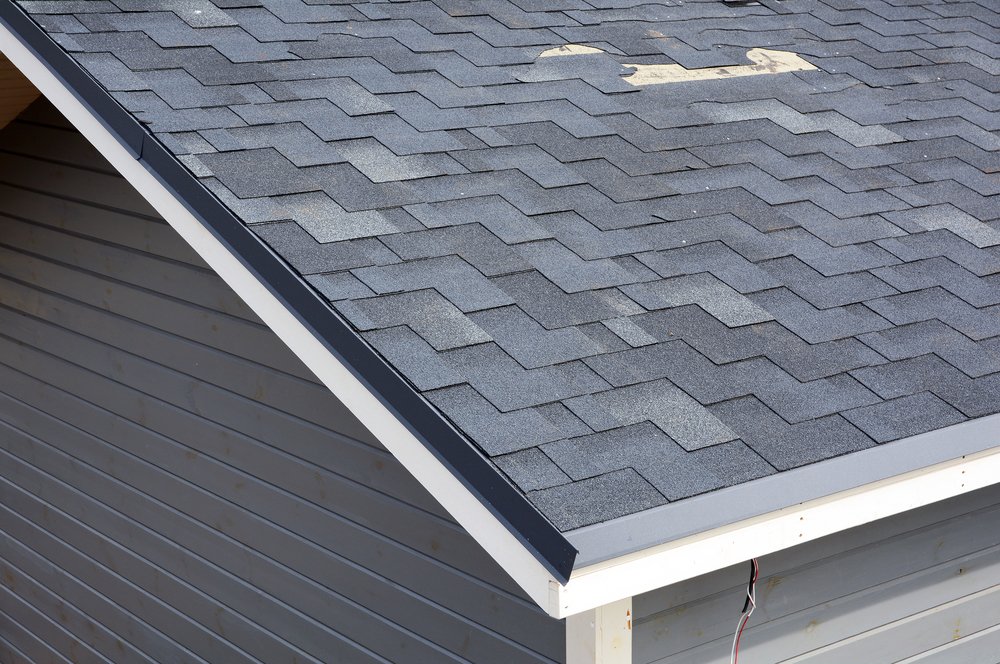How Often Should I Do Maintenance on My Gutters?
Since the average gutter system is high off the ground and tedious to work with, most homeowners would much rather put off maintenance until absolutely necessary. Gutters are an integral part of the roofing system. They direct water away from vulnerable areas of your home and keep it from accumulating and leaking into weak spots. While repairing or cleaning out gutters is inconvenient, putting it off is not worth the potential damage that can occur if it is not dealt with appropriately or often enough.So, how often should you clean out your gutters to avoid possible issues?
The rule of thumb is once in the spring and again in the autumn, but it truly depends on your location and local climate. Factors such as tree cover and weather severity need to be taken into consideration. If leaf litter or strong wind is typical near your home, you may want to check your gutters every season (and multiple times in the fall) as they will likely fill up much faster. Listed below are the risks you take if you neglect your gutter system for too long.Mold
Filthy gutters will accumulate sticks, leaves, and all sorts of debris that have been carried and dropped by the wind. These materials will quickly decompose and clog up the gutters and their downspouts. If these clogs remain, the next rainfall will cause an overflow of stagnant, unsafe water that can soak into the sides of your home and shingles. This creates the perfect setting for mold to grow and take over whole sections of a house, weakening its overall structure. The costs to repair extensive mold and water damage are significant. Homes in moist or rainy climates need to be especially cautious.Leaking Roofs and Flooded Basements
If water cannot drain to the ground via your downspouts due to clogs, it can accumulate in the gutter, causing it to overflow. Rainwater can then pool on the surface of the roof and can soak into your shingles. This is a massive cause of roof leaks and can lead to both water damage and mold in your home’s upper layers. Your basement is also at risk from clogged gutters and downspouts. If rainfall does not get drained far enough away from the foundation, it could soak into the ground and flood the basement. Water damage can be detrimental to the structural integrity of a house, and its effects can spread if not dealt with early enough.Overflow
Not only are overflowing gutters a risk for the foundation, but your yard also faces severe consequences if it is flooded over. Water will find any holes or divots in the ground to fill and can quickly turn a garden into a murky lake. Plants face considerable damage and will not last if drowned. The grass is not immune either, as large patches can die at a time if a yard is flooded. Curb appeal is a significant factor when selling your home, but a yard with dead patches of grass and watery holes will deter most people when house hunting.Subscribe to Amos Exteriors's Blog






Comments